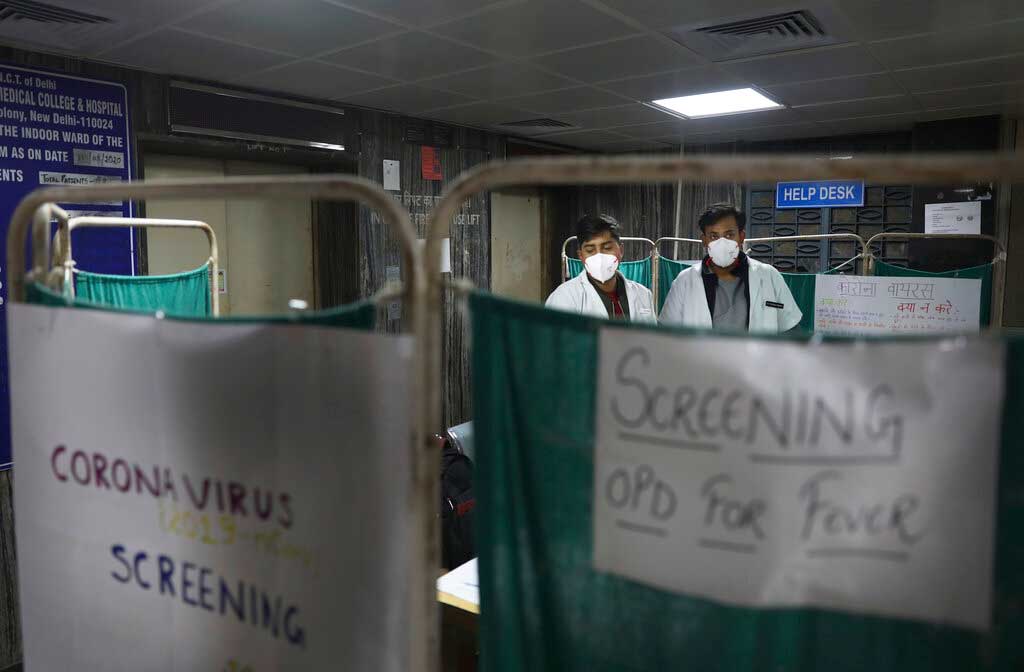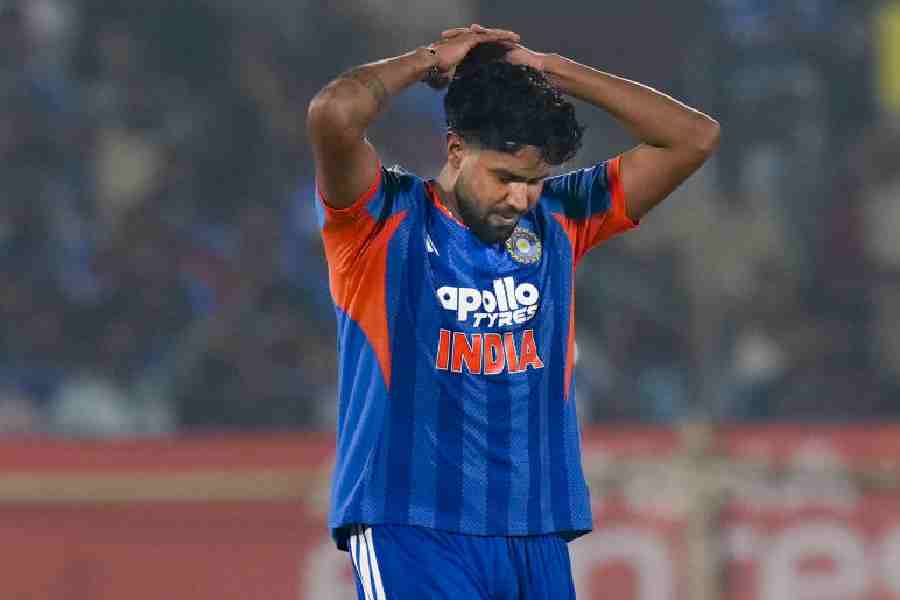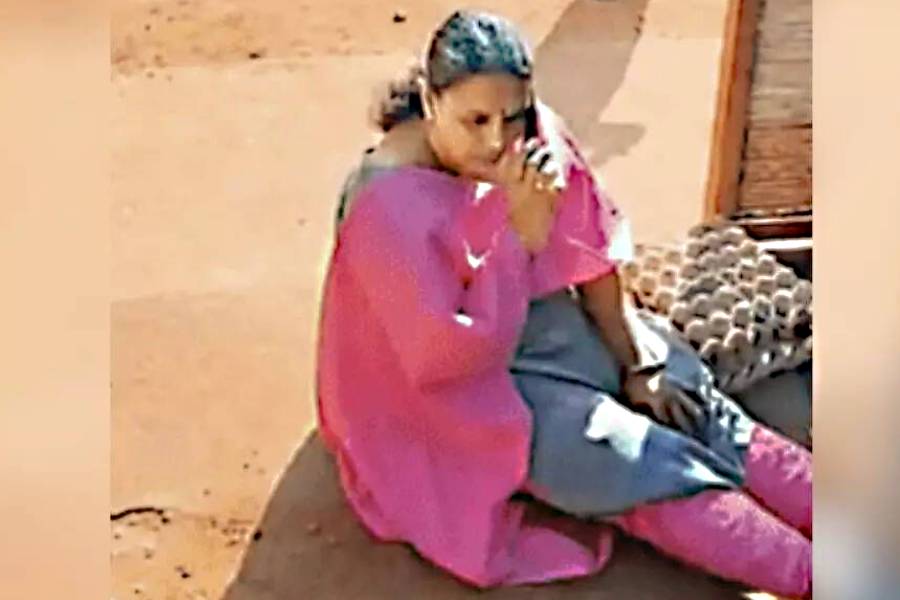Indian public health specialists on Thursday demanded an expansion of the current criteria to test patients for the novel coronavirus, echoing a message from the World Health Organisation (WHO): a lockdown is only a part of the solution — the virus still needs to be found and attacked.
Doctors with the Jan Swasthya Abhiyan and the All India People’s Science Network said testing should be offered to anyone who has significant symptoms such as fever and dry cough and looks ill and not merely to hospitalised patients under the existing criteria.
The Indian Council of Medical Research (ICMR) had last week expanded the testing criteria to include all hospitalised patients who have severe acute respiratory illness (fever and cough and shortness of breath) and asymptomatic direct and high-risk contacts of confirmed cases.
Until then, only persons with a recent foreign travel history and their contacts were being tested. The direct and high-risk contacts include healthcare workers caring for or household members of positive cases.
“This is not enough — it is not enough to test only patients in hospital with the most severe pneumonia,” said Yogesh Jain, a public health specialist in Chhattisgarh and a member of a JSA working group tracking the country’s testing and treatment responses to the coronavirus.
“We need to quickly expand testing. Only then can we know the true burden of the infection in the country. We seem to be now trying to deny that the problem is big. But we still don’t know the true size of the infection,” Jain told The Telegraph.
Health authorities on Thursday reported 88 fresh coronavirus patients, raising the country’s total count to 694, among whom 45 have recovered and been discharged and 16 have died. The death figure climbed by six on Thursday.
Coronavirus testing facilities are now available in over 110 government labs across the country and the ICMR has approved more than a dozen private labs that together offer more than 15,000 sample collection centres.
But JSA members say the lab expansion needs to be accompanied by broader criteria. “We need more and more people to be tested — not indiscriminately, but those who need it should have access to the test,” said Sulakshana Nandi, a JSA member.
The demand for more tests is in line with remarks by WHO director-general Tedros Adhanom Ghebreyesus on Wednesday that countries that have introduced the “lockdown” measures should use the time to “attack the virus”.
“You have created a second window of opportunity. The question is how will you use it? There are six key actions that we recommend,” Ghebreyesus said. “First, expand, train and deploy your healthcare and public health workforce. Second, implement a system to find every suspected case at the community level. Third, ramp up the production capacity and availability of testing. Fourth, identify, adapt and equip facilities to treat and isolate patients.”
He listed two more actions: countries need to develop clear plans and processes to quarantine contacts and refocus the whole of government on suppressing and controlling the coronavirus disease.
“These measures are the best way to suppress and stop transmission, so when restrictions are lifted, the virus doesn’t resurge,” Ghebreyesus said. “The last thing any country needs is to open schools and businesses only to be forced to close them again because of a resurgence.”
Health ministry officials said India was already engaged in the steps outlined by the WHO. Government labs have thus far tested over 23,000 persons and district-level units of the National Centre for Disease Control have placed under health surveillance over 187,000 persons.
Public health specialists and virologists in the country had also earlier this week underscored the need for India to find and isolate as many infected persons as possible during the 21-day lockdown to reduce the impact of the virus, post-lockdown.










